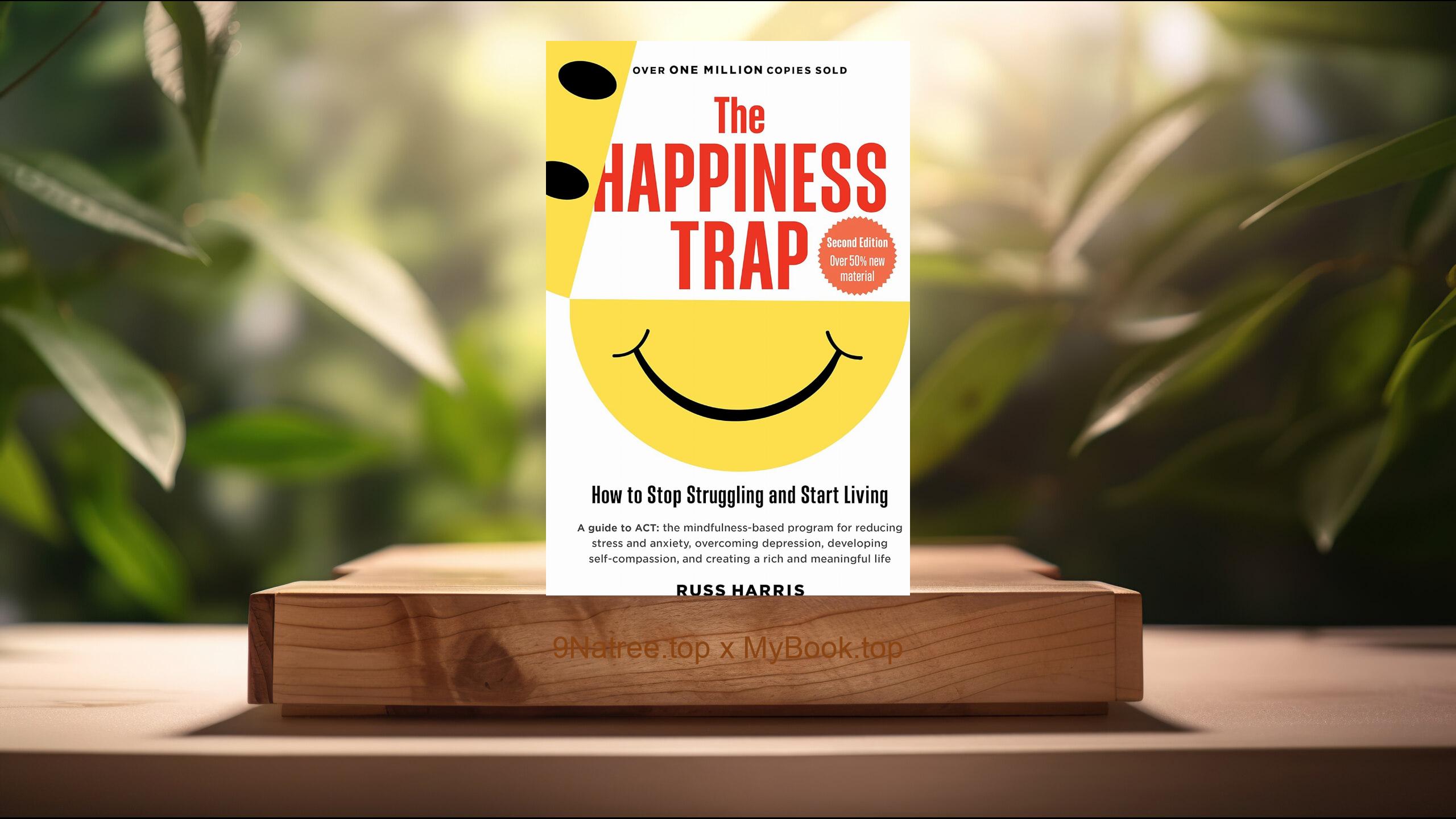Show Notes
Buy on Amazon: https://www.amazon.com/dp/B0756J1LLV?tag=9natree-20
Read more: https://mybook.top/read/B0756J1LLV/
#Factfulness #HansRosling #CognitiveBiases #GlobalDevelopment #DataLiteracy #Optimism #RiskAssessment #Factfulness
These are takeaways from this book.
Firstly, The Gap Instinct, The Gap Instinct is one of the significant cognitive biases that Rosling discusses. It refers to our tendency to categorize things into two distinct groups, leading us to perceive a gap where none exists. This instinct often skews our perception of the disparity between developed and developing countries, making us overlook the progress that has been made over the years. Rosling combats this misconception by presenting data showing remarkable improvements in areas like literacy, poverty reduction, and health globally. Understanding this helps to break down the oversimplified view of the world into ‘us’ vs. ‘them’ and acknowledges the complexities and nuances in global development.
Secondly, The Negativity Instinct, The Negativity Instinct captures our inclination to notice the bad more than the good. Rosling points out that while the news often focuses on disasters, wars, and crises, many positive developments do not make the headlines. This bias makes us believe that the world is getting worse. However, through a plethora of data, Rosling shows that on many global indicators like child mortality, gender equality, and natural disaster preparedness, the world is getting better. By recognizing our negativity bias, we can start to appreciate the progress humanity has made and continue to support policies and practices that lead to further improvements.
Thirdly, The Straight Line Instinct, The Straight Line Instinct describes our habit to assume that current trends will continue in a straight line, whether it’s about population growth, resource depletion, or disease spread. Rosling corrects this misconception by explaining how many trends in society are not linear but instead follow S-bends, doubling patterns, or shift direction entirely due to innovations or policy changes. For example, the global population growth rate is slowing down, contradicting the common fear of unsustainable growth. This topic encourages readers to question their assumptions and understand the complexities behind global trends.
Fourthly, The Fear Instinct, Rosling’s discussion on The Fear Instinct addresses our evolutionary predisposition to focus on frightening information, which was once crucial for our survival. In the modern context, this instinct can distort our understanding of risk and danger, leading us to overestimate the likelihood of negative events. Whether it’s fear of crime, terrorism, or pandemics, Rosling utilizes data to put these fears into perspective, encouraging a rational approach to risk assessment. Understanding the Fear Instinct is crucial for developing a balanced view of the world and making informed decisions in our personal and professional lives.
Lastly, The Importance of Data Literacy, Throughout ‘Factfulness,’ Hans Rosling emphasizes the foundational importance of data literacy as a tool for understanding the world accurately. By highlighting various instincts that misguide our perception, he makes a compelling case for the critical role that data plays in overcoming these biases. Data literacy is not just about interpreting numbers but also about questioning sources, understanding context, and recognizing the limitations of data. This skill enables individuals to navigate the flood of information in the digital age, distinguish between fact and fiction, and contribute to more informed and constructive conversations about global issues.
In conclusion, ‘Factfulness’ by Hans Rosling is an essential read for anyone looking to understand the complexity of the modern world beyond headlines and sensationalism. It is particularly beneficial for educators, policymakers, journalists, students, and professionals across various fields who deal with data and make decisions based on global trends. By dismantling common misconceptions and biases, Rosling provides a framework for viewing the world with an informed, optimistic perspective. The lessons in ‘Factfulness’ are crucial for fostering a more fact-based understanding of the world, encouraging critical thinking, and promoting a more thoughtful engagement with the challenges and achievements of humanity. Ultimately, it teaches us the importance of basing our viewpoints and decisions on solid facts, thereby contributing positively to our personal lives and society as a whole.
![[Review] Factfulness (Hans Rosling) Summarized](https://episodes.castos.com/660078c6833215-59505987/images/1711210/c1a-085k3-o874nd47s61-fbffza.jpg)




